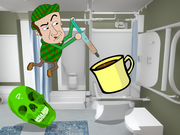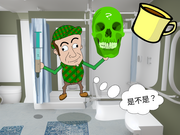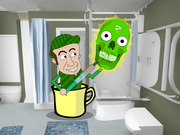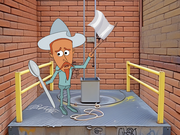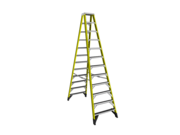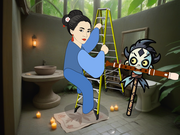(pronoun) this; these / (bound form) this; the (followed by a noun) / (bound form) this; these (followed by a classifier) (in this sense, commonly pr. [zhei4], esp. in Beijing)
(emphasizes that sth is precisely or exactly as stated) / precisely / exactly / even / if / just like / in the same way as
exactly; precisely / only; simply; just / (used correlatively with 也[ye3]) even; even if
at once / right away / only / just (emphasis) / as early as / already / as soon as / then / in that case / as many as / even if / to approach / to move towards / to undertake / to engage in / to suffer / subjected to / to accomplish / to take advantage of / to go with (of foods) / with regard to / concerning
(after a suppositional clause) in that case; then / (after a clause of action) as soon as; immediately after / (same as 就是[jiu4 shi4]) merely; nothing else but; simply; just; precisely; exactly / only; as little as / as much as; as many as / to approach; to move towards / to undertake; to engage in / (often followed by 著|着[zhe5]) taking advantage of / (of food) to go with / with regard to; concerning / (pattern: 就[jiu4] ... 也[ye3] ...) even if ... still ... / (pattern: 不[bu4] ... 就[jiu4] ...) if not ... then must be ...
to be (followed by substantives only) / correct; right; true / (respectful acknowledgement of a command) very well / (adverb for emphatic assertion)
是
=
旦
+
龰
:
Mnemonic symbol: a skull, from "to be or not to be".
Sherlock Holmes (sh) starts his day in the space station's bathroom (Ø4) with a mug of coffee (旦). Holding a skull (mnemonic symbol for 是) in his hands, he asks himself "to be, or not to be" (是). He wonders if he can make the skull come back to life using lots of coffee, and injects coffee from his mug into the skull using a syringe (龰).
Sherlock Holmes (sh) starts his day in the space station's bathroom (Ø4) with a mug of coffee (旦). Holding a skull (mnemonic symbol for 是) in his hands, he asks himself "to be, or not to be" (是). He wonders if he can make the skull come back to life using lots of coffee, and injects coffee from his mug into the skull using a syringe (龰).
是
=
日
+
下
+
人
:
Mnemonic symbol: a skull, from "to be or not to be".
Sherlock Holmes (sh) watches the Neanderthal Man (人) trying to climb to the sun (日) on a ladder (下) in the space station's bathroom (Ø4). Sherlock is afraid that he'll open the window, so he puts on a big skull (是) and scares him off.
Sherlock Holmes (sh) watches the Neanderthal Man (人) trying to climb to the sun (日) on a ladder (下) in the space station's bathroom (Ø4). Sherlock is afraid that he'll open the window, so he puts on a big skull (是) and scares him off.
contrary / in reverse / inside out or upside down / to reverse / to return / to oppose / opposite / against / anti- / to rebel / to use analogy / instead / abbr. for 反切[fan3 qie4] phonetic system
of; ~'s (possessive particle) / (used after an attribute) / (used to form a nominal expression) / (used at the end of a declarative sentence for emphasis) / also pr. [di4] or [di5] in poetry and songs
to leave (the stage, an exam room, the playing field etc) / to take part in some activity / to take an examination (in the imperial examination system)
down / downwards / below / lower / later / next (week etc) / second (of two parts) / to decline / to go down / to arrive at (a decision, conclusion etc) / measure word to show the frequency of an action
下
=
一
+
卜
:
Mnemonic symbol: from the up/down logic, and a little bit the shape of the character, a ladder.
Xi Shi (xi) is on a retreat in the ashram. Using a voodoo staff (卜), she divined that next (下) week she'll have to play the flute (一) sixteen hours per day. Because she hates playing the flute, she climbs over the ashram's bathroom (a4) wall using a ladder (下) to escape.
Xi Shi (xi) is on a retreat in the ashram. Using a voodoo staff (卜), she divined that next (下) week she'll have to play the flute (一) sixteen hours per day. Because she hates playing the flute, she climbs over the ashram's bathroom (a4) wall using a ladder (下) to escape.
large place used for a specific purpose / stage / scene (of a play) / classifier for sporting or recreational activities / classifier for number of exams

